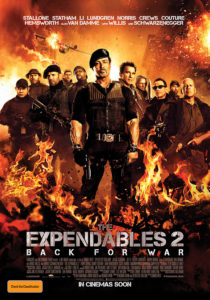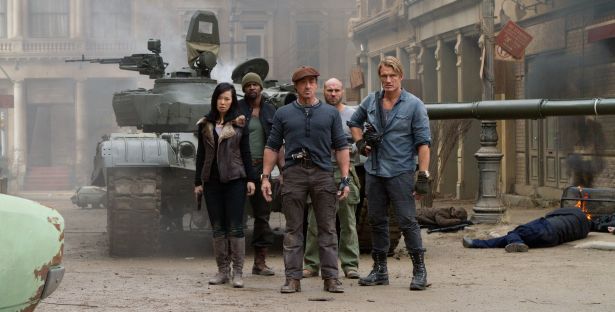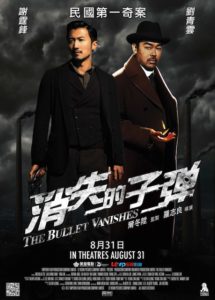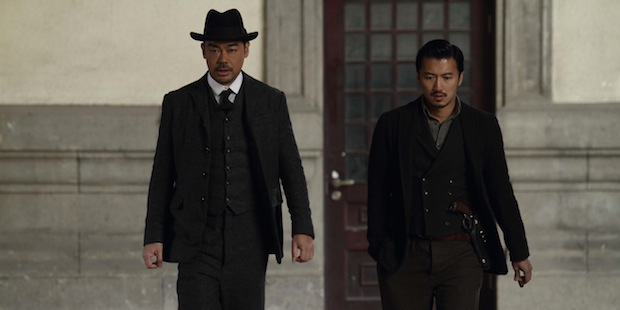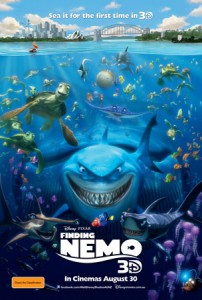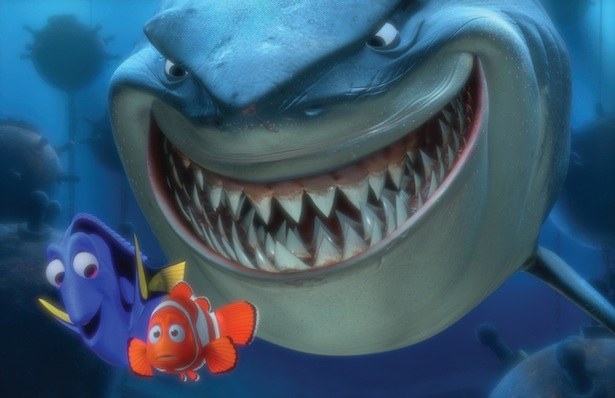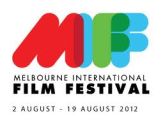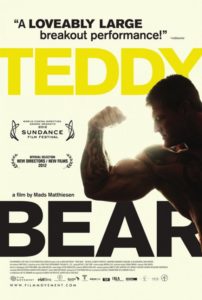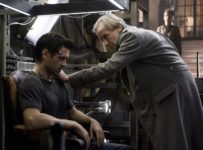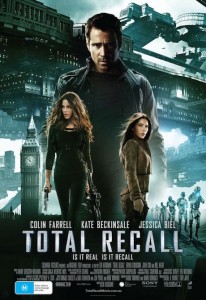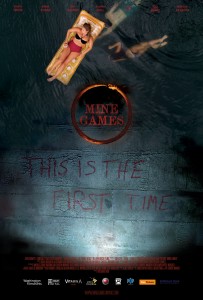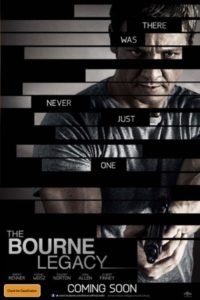The sweetest story about the end of the world, and an unlikely exploration of the meaning of humanity in a romantic package.
[stextbox id=”grey” caption=”Seeking A Friend For the End of the World (2012)” float=”true” align=”right” width=”200″]
Director: Lorene Scafaria
Writer: Lorene Scafaria
Runtime: 101 minutes
Starring: Steve Carell, Keira Knightley
Distributor: Roadshow Films
Country: US
Rating (?): Highly Recommended (★★★★)
The world has either been destroyed or under threat of destruction so many times it has almost lost meaning. This is where debut director Lorene Scafaria, the writer of the hipster rom-com Nick and Norah’s Infinite Playlist, begins in some ways. Devoid of Aerosmith songs or roughnecks trained as astronauts, Scafaria muses on the nature of love and human relationships when they are put under the ultimate strain. Seeking A Friend For the End of the World is a continuation on a theme for Scafaria, although here she does it within the context of the most extreme of time constraints. Her goal is to find that meaning within the apocalypse by taking the most intimate approach possible.
Following the announcement that asteroid heading towards Earth is unstoppable, Dodge Petersen’s (Steve Carell) wife Linda (real-life spouse Nancy Carell) leaves him without a word. While all of Dodge’s friends and colleagues spend their end days indulging in hedonism, including guilt-free sex and drugs, Dodge finds that his life is exactly the same, but wants something more meaningful in his life for his last moments on the planet. After meeting Penny Lockhart (Keira Knightley) crying on his fire-escape, unable to return home to the UK to be with her family, Dodge’s life begins to change. They soon embark on a mission across country to find someone with a plane for Penny, while Dodge wants to re-connect with the great lost love of his life.
Scafaria’s previous film placed two unlikely companions on the path to romance during an impromptu road trip, and in many ways Seeking A Friend For the End of the World is a variation on this same theme. That there is a predetermined end-point to this saga, one that begins as a gloomy tragedy, only heightens the romance. Scafaria’s script is also incredibly funny, and while it may occasionally fall back on the episodic nature of the road movie, it nevertheless fills its running time with a plethora of great cameos and amusing moments. The most memorable of these is friendly trucker (William Petersen), who goes from creepy to tragic on a dime, and a love-in at a roadside diner featuring well-placed cameos from comedian T.J. Miller and Community‘s Gillian Jacobs.
Yet the heart and soul of the film lies with Carell and Knightley, who respectively bring warmth and humanity to this most uplifting of tales. Carell often plays characters who are losers, but just as he did with Crazy, Stupid, Love, he restrains his typical dysfunctional characters and remains true to the script and to the character he is portraying. Knightley stays on the right side of twee, breaking hearts with her fragility and charming with her quirks and pretty amazing record collection. Seeking A Friend For the End of the World might be about the death of all life on Earth, but it will remind you of the beauty of love and the simple pleasures of living.
Seeking A Friend For the End of the World was in limited in release in Australia on 23 August 2012 from Roadshow Films.



